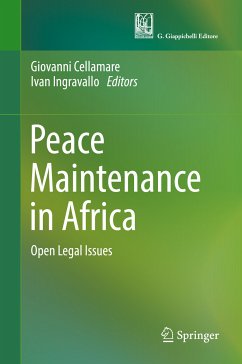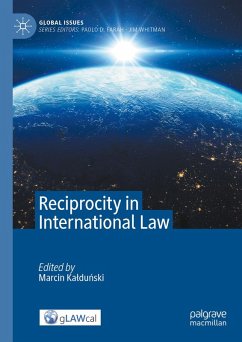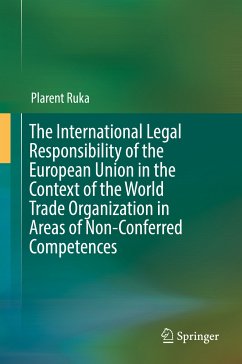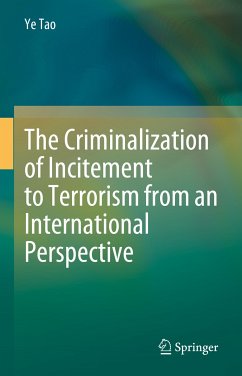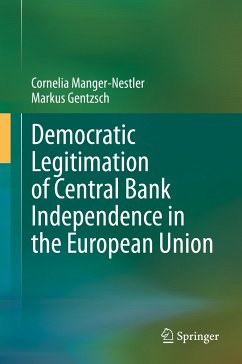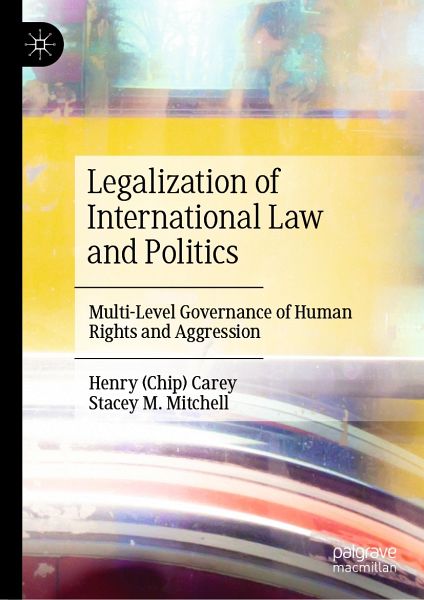
Legalization of International Law and Politics (eBook, PDF)
Multi-Level Governance of Human Rights and Aggression
Versandkostenfrei!
Sofort per Download lieferbar
104,95 €
inkl. MwSt.
Weitere Ausgaben:

PAYBACK Punkte
52 °P sammeln!
This book provides an expanded conceptualization of legalization that focuses on implementation of obligation, precision, and delegation at the international and domestic levels of politics. By adding domestic politics and the actors to the international level of analysis, the authors add the insights of Kenneth Waltz, Graham Allison, and Louis Henkin to understand why most international law is developed and observed most of the time. However, the authors argue that law-breaking and law-distorting occurs as a part of negative legalization. Consequently, the book offers a framework for understa...
This book provides an expanded conceptualization of legalization that focuses on implementation of obligation, precision, and delegation at the international and domestic levels of politics. By adding domestic politics and the actors to the international level of analysis, the authors add the insights of Kenneth Waltz, Graham Allison, and Louis Henkin to understand why most international law is developed and observed most of the time. However, the authors argue that law-breaking and law-distorting occurs as a part of negative legalization. Consequently, the book offers a framework for understanding how international law both produces and undermines order and justice. The authors also draw from realist, liberal, constructivist, cosmopolitan and critical theories to analyse how legalization can both build and/or undermine consensus, which results in either positive or negative legalization of international law. The authors argue that legalization is a process over time and not just a snapshot in time.
Dieser Download kann aus rechtlichen Gründen nur mit Rechnungsadresse in A, B, BG, CY, CZ, D, DK, EW, E, FIN, F, GR, HR, H, IRL, I, LT, L, LR, M, NL, PL, P, R, S, SLO, SK ausgeliefert werden.






